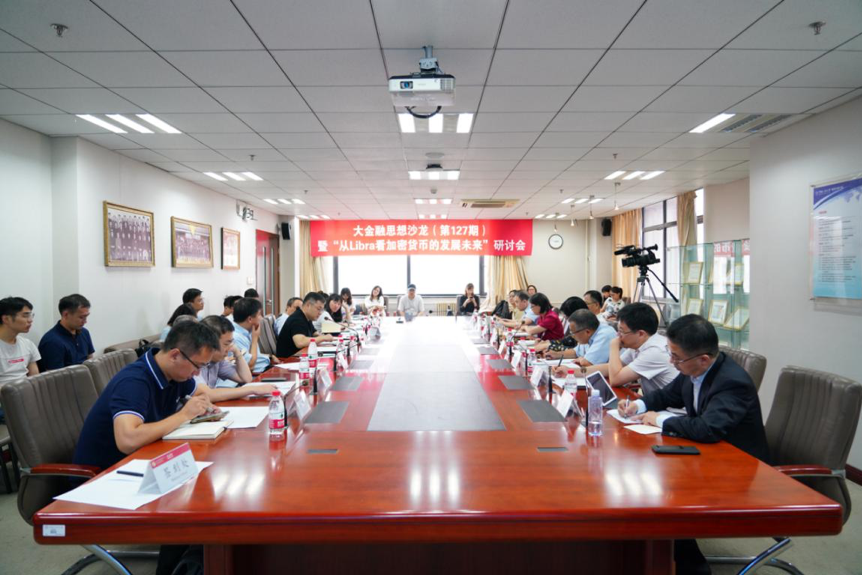Macro-finance Salon (No. 127) and Seminar on “Viewing the Future Development of Crypto-currency from Libra”
2019-07-22 IMI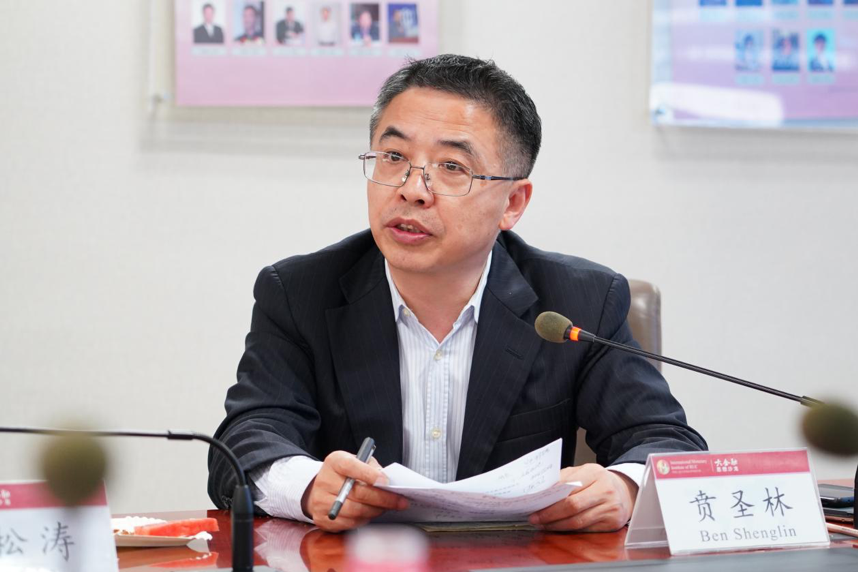 Zhuang Yumin extended thanks to experts present during opening speech and she pointed out that IMI should hold seminars to gather experts to exchange opinions. She hoped that everyone could express opinions freely and further discuss the topic “Viewing the Future Development of Crypto-currency from Libra”.
Zhuang Yumin extended thanks to experts present during opening speech and she pointed out that IMI should hold seminars to gather experts to exchange opinions. She hoped that everyone could express opinions freely and further discuss the topic “Viewing the Future Development of Crypto-currency from Libra”.
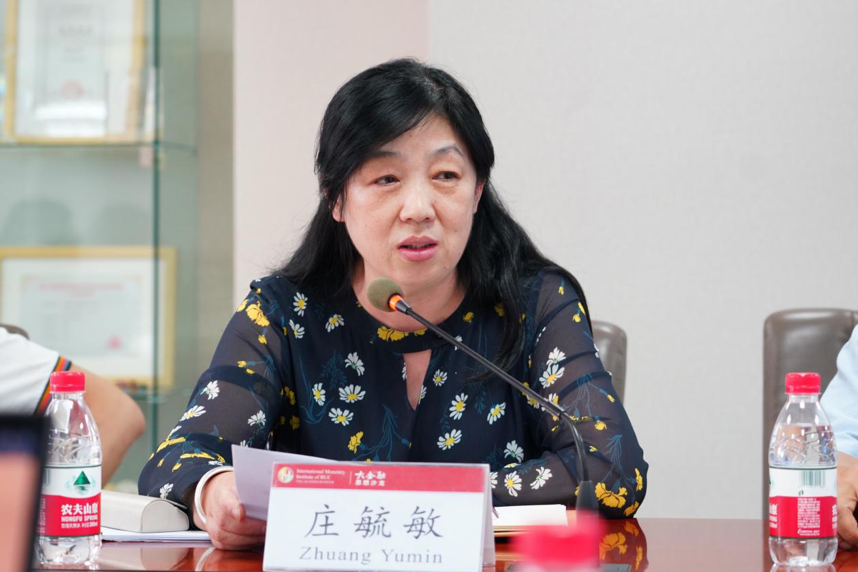 Mu Changchun mentioned in the keynote speech that Libra’s reserve assets included several strong-currency cash deposits and sovereign bonds. He pointed out that if the strategy of increasing risks and returns was adopted, it might lead to the impairment risk and currency fluctuation of reserve assets, and the exchange rate change of reserve assets would lead to the change of other currency prices by Libra, which would lead to the arbitrage problem of exchange rate. As for China, he thought that we should resist the erosion of Libra to RMB in domestic market in the short term, and maintain and enhance the status of RMB in the international currency to make it a hard currency in the long run. It was not feasible to make China Libra after the pattern of Facebook Libra. We should stick to the original position on Bitcoin and ICO.
Mu Changchun mentioned in the keynote speech that Libra’s reserve assets included several strong-currency cash deposits and sovereign bonds. He pointed out that if the strategy of increasing risks and returns was adopted, it might lead to the impairment risk and currency fluctuation of reserve assets, and the exchange rate change of reserve assets would lead to the change of other currency prices by Libra, which would lead to the arbitrage problem of exchange rate. As for China, he thought that we should resist the erosion of Libra to RMB in domestic market in the short term, and maintain and enhance the status of RMB in the international currency to make it a hard currency in the long run. It was not feasible to make China Libra after the pattern of Facebook Libra. We should stick to the original position on Bitcoin and ICO.
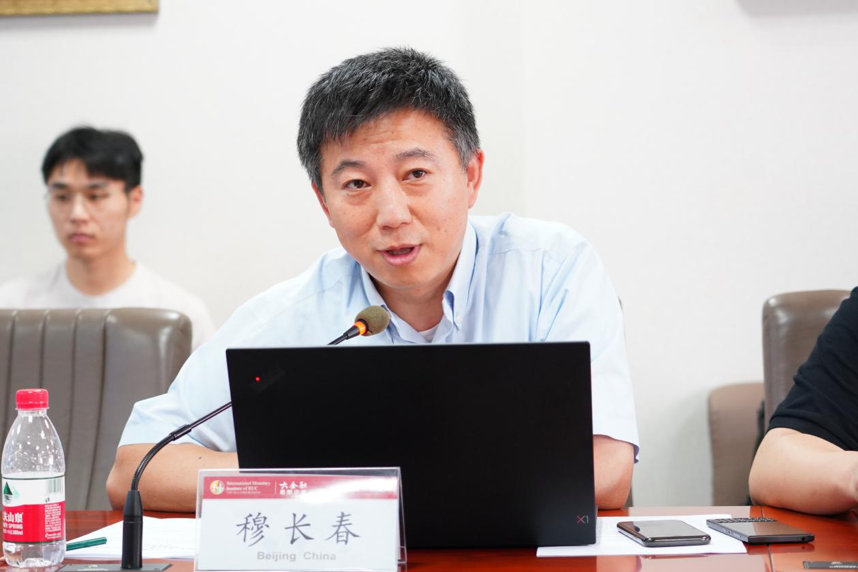 Di Gang believed that all the upgrading of monetary form was driven by technological revolution. The upgrading of monetary form was often accompanied by the contradiction between sovereign currency and non-government currency, which sovereign currency was bound to win in the long term. Libra, though ideologically aligned with DCAP, was essentially a hybrid architecture of distributed, centralized and blockchain rather than a revolutionary product, Di said. In the future, we should learn lessons from previous experience when issuing digital currency. We should make full use of the advantages of digital currency in unifying value stream and information flow, enhance monetary control and security, reduce circulation cost, and issue digital currency with unlimited circulation and unlimited legal tender.
Di Gang believed that all the upgrading of monetary form was driven by technological revolution. The upgrading of monetary form was often accompanied by the contradiction between sovereign currency and non-government currency, which sovereign currency was bound to win in the long term. Libra, though ideologically aligned with DCAP, was essentially a hybrid architecture of distributed, centralized and blockchain rather than a revolutionary product, Di said. In the future, we should learn lessons from previous experience when issuing digital currency. We should make full use of the advantages of digital currency in unifying value stream and information flow, enhance monetary control and security, reduce circulation cost, and issue digital currency with unlimited circulation and unlimited legal tender.
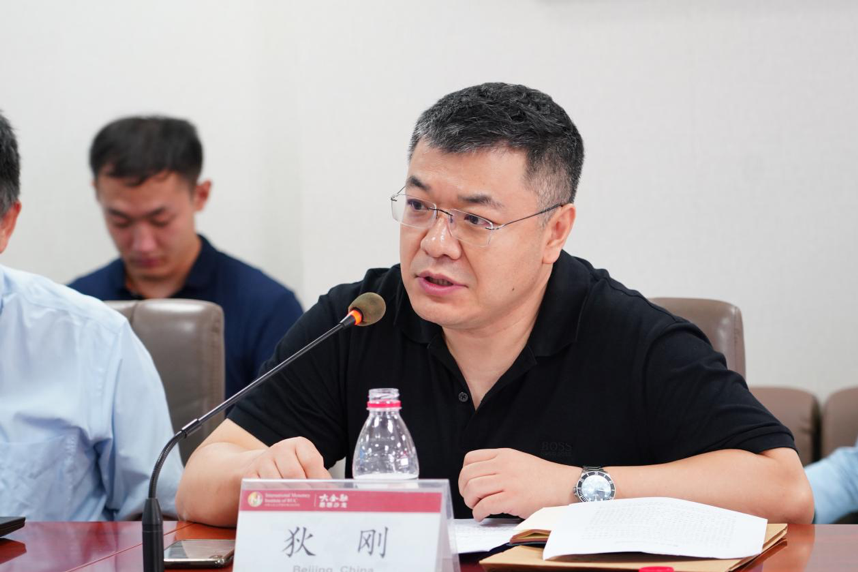 Qu qiang expounded his views on Libra from three levels. Firstly, the law of money was that the government and the market exerted their power. All kinds of governments represented a kind of credit, which could not be sustained without credit. Secondly, the monetary system needed to be flexible enough to accommodate the growth of wealth and keep the economy running. In addition, money was defined by its three functions and the three functions could not be divided. Libra was not a currency, nor can it be a future currency. Libra had no account rights. If it had account rights, it would enter the modern financial system like commercial banks. However, Libra was not modern money, and it was backed by assets, which could not expand without flexibility.
Qu qiang expounded his views on Libra from three levels. Firstly, the law of money was that the government and the market exerted their power. All kinds of governments represented a kind of credit, which could not be sustained without credit. Secondly, the monetary system needed to be flexible enough to accommodate the growth of wealth and keep the economy running. In addition, money was defined by its three functions and the three functions could not be divided. Libra was not a currency, nor can it be a future currency. Libra had no account rights. If it had account rights, it would enter the modern financial system like commercial banks. However, Libra was not modern money, and it was backed by assets, which could not expand without flexibility.
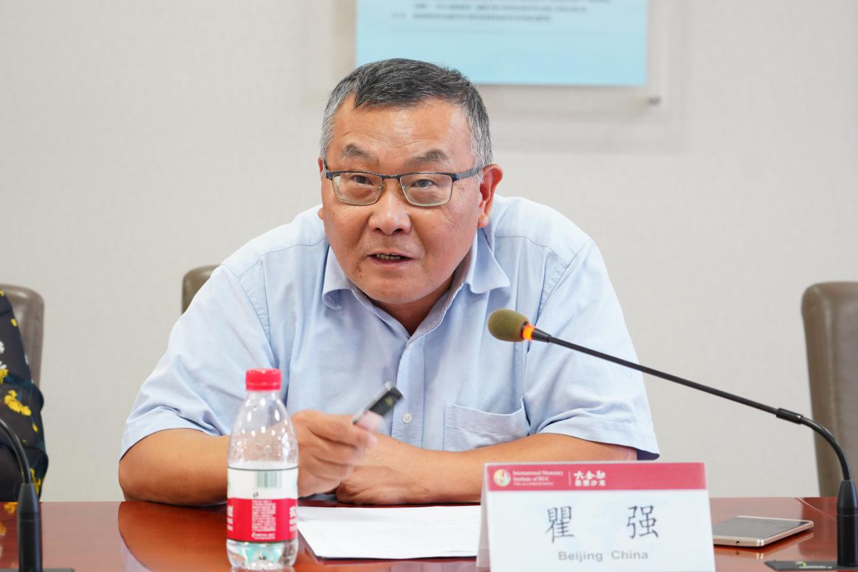 Yao Yudong thought that at present, the influence of super-sovereign digital currency was expanding, so we should actively participate in normative development and explore a more ideal international monetary system. He pointed out that eSDR had distinct advantages over Libra: eSDR was within the framework of the existing international monetary system; The eSDR was regulated by global central banks; eSDR had no foreign exchange risk of alternative accounts. Therefore, he believed that we should explore the mechanism of global central bank and try to issue eSDR on the basis of maintaining the IMF member system. By establishing open, transparent and intelligent monetary operation rules, transnational monetary credit consensus can be achieved and the stability and continuity of the system can be maintained by participants.
Yao Yudong thought that at present, the influence of super-sovereign digital currency was expanding, so we should actively participate in normative development and explore a more ideal international monetary system. He pointed out that eSDR had distinct advantages over Libra: eSDR was within the framework of the existing international monetary system; The eSDR was regulated by global central banks; eSDR had no foreign exchange risk of alternative accounts. Therefore, he believed that we should explore the mechanism of global central bank and try to issue eSDR on the basis of maintaining the IMF member system. By establishing open, transparent and intelligent monetary operation rules, transnational monetary credit consensus can be achieved and the stability and continuity of the system can be maintained by participants.
 In addition, in the round-table discussion, Chen Daofu, Yang Tao, Tu Yonghong, Zhao Xijun, Tan Songtao, Wang Fang, Song Ke, and Du Xiaoyu also conducted in-depth exchanges on the theme of “Viewing the Future Development of Crypto-currency from Libra”.
In addition, in the round-table discussion, Chen Daofu, Yang Tao, Tu Yonghong, Zhao Xijun, Tan Songtao, Wang Fang, Song Ke, and Du Xiaoyu also conducted in-depth exchanges on the theme of “Viewing the Future Development of Crypto-currency from Libra”.
